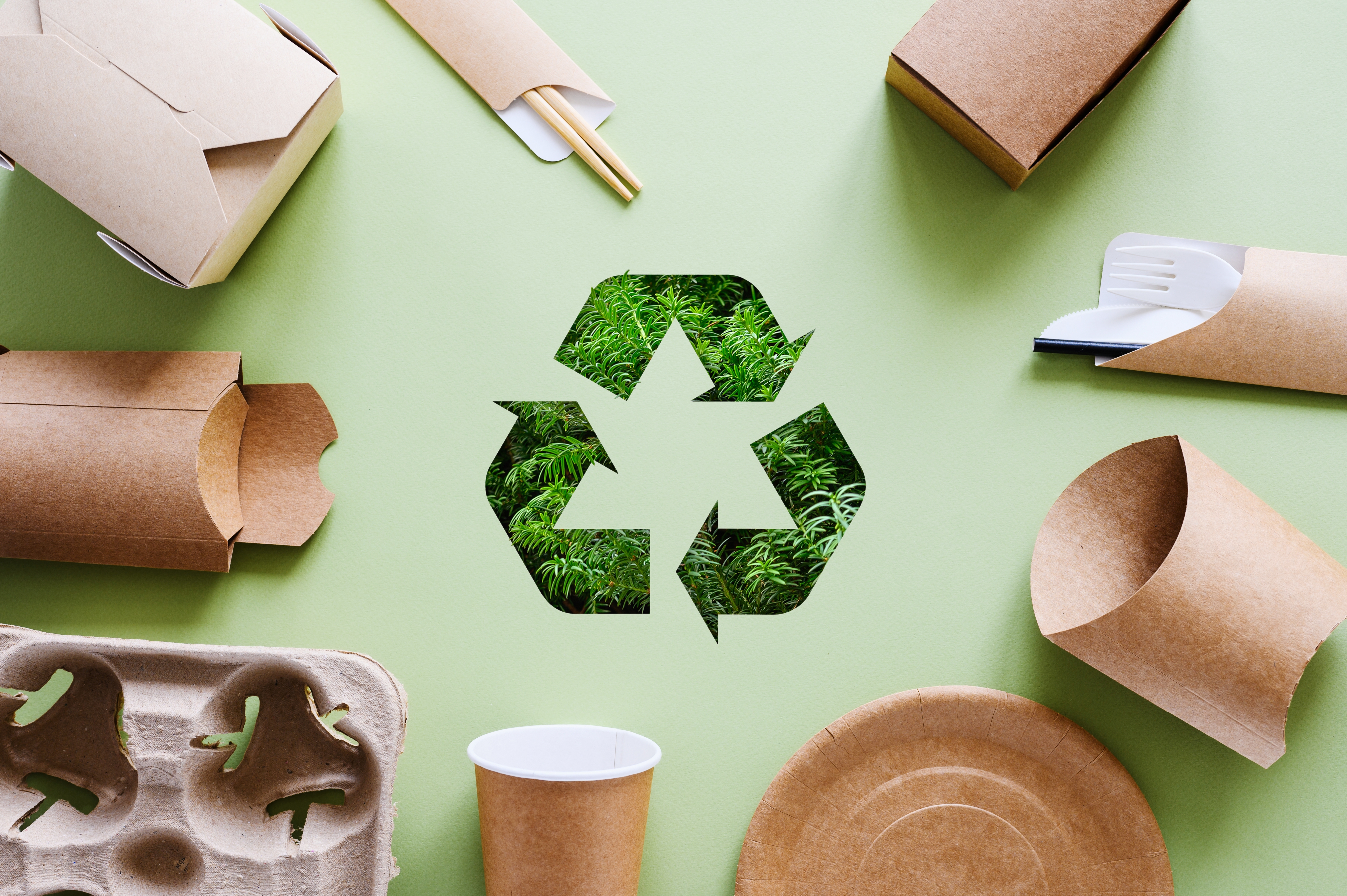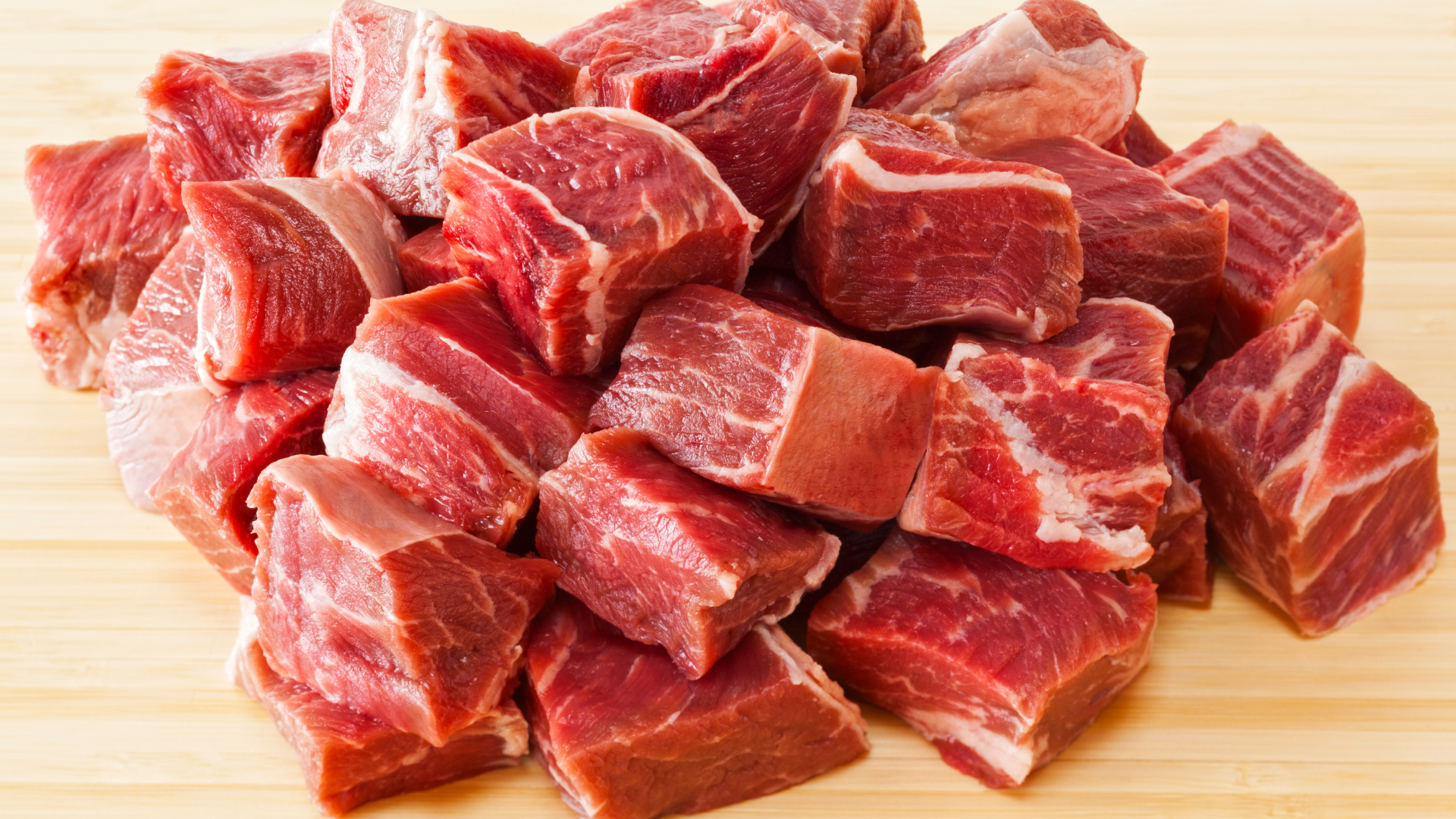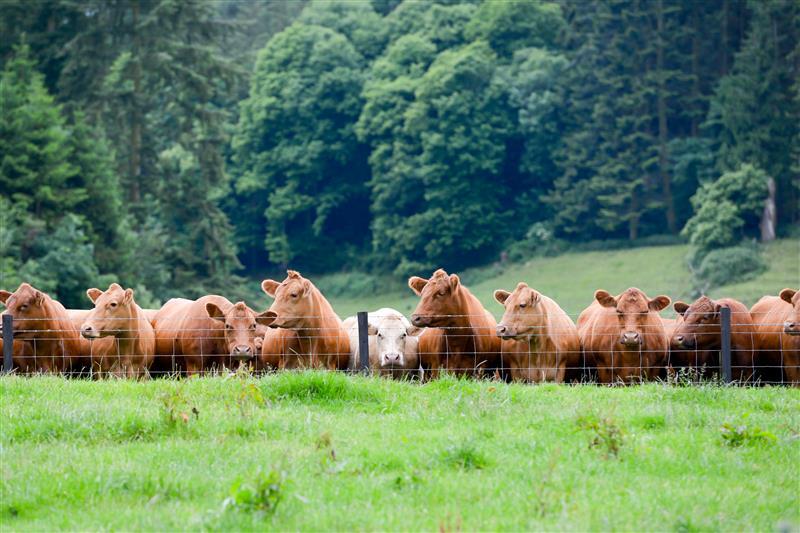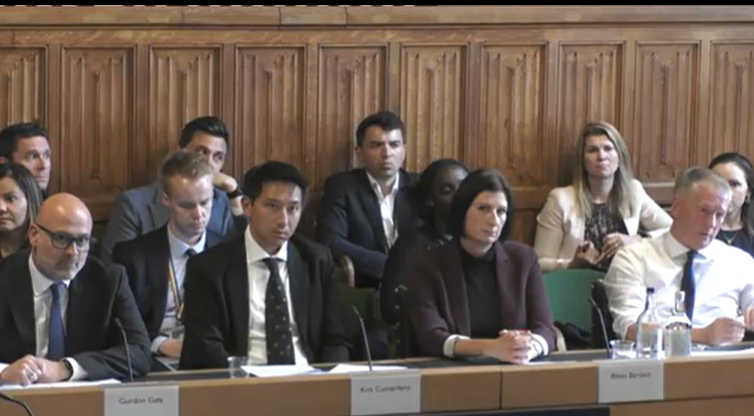Food waste – and finding ways to reduce it – is a major priority for every player in the global supply chain. This blog explores the best approaches.
Today, food waste in the supply chain isn't just an environmental issue: it has become a commercial, operational and reputational one too. In fact, around one-third of all the world's food is lost or wasted.
The Food Waste Index (2024) – the biennial report published by the UN Environment Programme – estimates that 1.05 billion tonnes of food was wasted at the retail, food service and household stages in 2022. This equates to about one fifth of the food available to consumers around the globe (UNEP press release). On top of this, the FAO’s Food Loss Index indicates about 14% is lost from after harvest up to when it reaches retail.
Put simply, waste occurs end‑to‑end and at an enormous scale. For food manufacturers, processors, retailers and hospitality teams, that translates into avoidable costs, lost sales, compliance headaches and a heavier carbon footprint. It’s also a climate issue: studies suggest greenhouse gases from wasted food account for roughly half of global food‑system emissions.
This article explains the key drivers of food waste along the supply chain, pinpoints where waste typically occurs, quantifies the scale of waste at key stages, and sets out practical steps organisations can take to reduce food loss and waste in the food supply chain. It also shows how better data, tighter processes and joined‑up supplier collaboration help you act quickly and keep products moving.
What factors lead to food waste in the supply chain?
- Forecasting and planning gaps. Demand swings, inflexible production runs and minimum order quantities can cause overproduction and surplus stock. Where shelf life is short, small planning errors become big write‑offs.
- Specification and quality mismatches. Inconsistencies in raw material quality or unclear product specs can increase the likelihood of rework, rejects and trim losses.
- Cold‑chain failures and handling errors. Temperature fluctuations, delays, loading or unloading damage and poor rotation practices can result in spoiling, degrading freshness and reducing shelf life.
- Labelling and date‑code confusion. Misunderstanding the difference between “best before” and “use by” speeds up disposal of perfectly good stock.
- Siloed data and limited visibility. If you can’t see where losses happen, you can’t fix them. Fragmented systems make it hard to trace issues back to a step, site, line or supplier.
- Disposal practices and incentives. If teams aren’t trained and measured on waste, or redistribution routes aren’t in place, throwing food away seems like the simplest option.
Pinpointing specific waste hotspots across the supply chain
Food waste occurs at every stage of the supply chain. Pinpointing exactly where it happens is crucial; once you can isolate hotspots by product, site, process or supplier, you can target the interventions that will make the biggest difference.
For fresh produce and raw materials, harvesting is often the first hurdle. Throughout much of the globe, the lack of adequate infrastructure, poor storage facilities and even poor roads my result in that fresh fruit and vegetables can't reach purchasers quickly enough. Fruit and vegetables are sometimes not picked at all because they fail the eye test, which is when harvesters examine the fruit or vegetable by eye before deciding to harvest.
Processing also sees its fair share of waste. Overproduction, packaging faults, or spoilage due to machinery delays could lead to good food being wasted. Sometimes it’s a matter of misjudging the market, producing too much, too early, or for the wrong channel.
Distribution is another common hotspot. Without proper temperature-controlled transport, perishables can spoil before reaching the next stage. Overstocking and mishandling are also culprits, as is confusion around "best before" vs. "use by" labelling.
Retail and food service convenience, like supermarkets, restaurants, and hospitality venues, often over-prepare food or over-order stock. Add in unpredictable customer demand, and you’ve got a recipe for surplus. Weather can swing category demand too – for example, a sudden heatwave can spike barbecue (BBQ) lines, salads and cold drinks, whereas a cold snap or heavy rain can dampen sales – leaving over‑ordered stock at risk if plans don’t adjust quickly.
Why should the food industry act now?
Obviously, driving progress toward international climate goals is one motivator, but there are other factors to consider.
The economic impact
Failing to address food waste within the value chain poses a significant risk to a business’ own bottom line. Experts estimate that the economic impact amounts to $1 trillion globally. Product loss as a result of damage, expired shelf life and oversupply all incur steep financial penalties at the manufacturing and processing stages.
Hitting your environmental targets
High levels of food waste can create insurmountable obstacles for any food and drink business trying to meet its environmental targets. In addition to voluntary aims and initiatives, many countries now require businesses of a certain size to both track and report on their carbon footprint, and also set out a clear roadmap for improvement. Failing to address food waste within such plans would be a huge missed opportunity.
Brand reputation
All businesses should consider the reputational impact of high levels of food loss within their value chain. Food waste ranks among the top three most significant food-related concerns that US consumers have, according to a recent poll by MITRE and Gallup, only behind food prices and the healthiness of products.
What steps should food businesses be taking to reduce their food waste?
1. Prioritise data-driven solutions
Data-driven solutions are an important first step to identifying the scale of food loss within the value chain and allowing managers to make the case for action to senior leadership. They help companies to identify hotspots, evaluate the efficacy of any existing policy measures, estimate the potential for material recovery and track progress towards internal or external targets.
The integration of data-driven tools at a food processor or manufacturer, for example, can flag if a particular product is behind a disproportionate volume of food loss. This could trigger further investigation to identify the cause – be it surplus offcuts, short shelf-life or shortfalls in quality control – and allow businesses to make a targeted response toward food waste prevention.
Emerging technologies like AI and machine learning can be combined with data and analytics to automatically solve problems, such as predicting demand more accurately, monitoring shelf life, improving quality control, and preventing avoidable food loss.
2. Adopt a strategic, sustainable disposal process
Some volume of waste is inevitable, of course. Which is why – in addition to addressing hotspots within the value chain – it’s also important for food businesses to adopt a more sustainable, environmentally friendly process for both the management and disposal of waste when it occurs. Doing so both mitigates the financial impact of food loss and helps to reduce its environmental impact.
Many countries have established routes for the redistribution of surplus food to the charity sector, for example, like the UK’s food and drink waste hierarchy. Though this doesn’t address the cost to businesses – indeed, it can incur a small fee as a result of transportation – it does significantly reduce the carbon footprint incurred as a result of waste and can also help to support supplementary CSR targets, such as charitable giving.
In some countries, redistribution is even enforced. In France, for example, retailers of a certain size have been required to redistribute consumables to charity since 2016, with disposal or incineration of surplus products an offence under its Anti-Waste and Circular Economy law.
Where food is no longer safe for human consumption, however, a different set of laws and regulations comes into force. In the UK, for example, all foodstuffs are categorised according to their potential risk. The highest risk foods, such as raw animal products, cannot be used in animal feed or sent to landfill and must be disposed of via techniques such as incineration or pressure sterilisation. Lowest risk foods, such as bakery or confectionery, can be sent for use in animal farm feed. Each country will have its own rules around the safe disposal of former foodstuffs that businesses must ensure familiarity with.
3. Be proactive
The consequences of food waste on global sustainability are huge. And though they can’t address the issue alone, there’s no doubt that food businesses have a vital role to play in both food waste reduction and prevention.
By investing in data-driven solutions that pinpoint the causes of waste and pairing this with a sustainable and strategic approach to disposal, they can help contribute to international progress while also limiting their own environmental impact and financial fallout as a result of food loss, too.
How can Foods Connected help?
Reducing food waste is no longer a nice-to-have, but a business imperative. Each link in the supply chain along the path from the farm to the fork can play its part. And with the power of smart technology, food businesses now have the tools to react with more accuracy, authority, and assurance. Whatever the method – from IoT tracking and AI-based analysis to intelligent food wastage management software, the benefits of such systems are clear: lower costs, better sustainability performance, and better operational outcomes.
At Foods Connected, we believe digital transformation should be practical, flexible, and results-driven. Explore our and request a demo, or dive into the world of big data in the food industry to start your journey.
.jpg)
Greer McNally
Greer has over 15 years’ experience writing about trends in the food and retail sectors. She lives in a little village by the sea in Northern Ireland and loves creating content that informs how people think about the food industry. A recent career highlight was interviewing the legend that is Dr Temple Grandin.
Stay up to date
Stay up to date
Browse Posts
- February 2026
- January 2026
- December 2025
- November 2025
- October 2025
- September 2025
- August 2025
- July 2025
- June 2025
- May 2025
- April 2025
- March 2025
- February 2025
- January 2025
- December 2024
- November 2024
- October 2024
- September 2024
- August 2024
- July 2024
- June 2024
- May 2024
- April 2024
- March 2024
- February 2024
- January 2024
- December 2023
- November 2023
- October 2023
- September 2023
- August 2023
- July 2023
- June 2023
- May 2023
- April 2023
- March 2023
- December 2022
- November 2022
- October 2022
- September 2022
- August 2022
- July 2022
- June 2022
- May 2022
- April 2022
- March 2022
- February 2022
- January 2022
- December 2021
/Blog%20Headers/Data%26%20Disposal%20SEO%20blog%20header.jpg)

/Blog%20Headers/shutterstock_1927957907%20(1).jpg)
/Blog%20Headers/shutterstock_1845178195%20(2).jpg)
/Blog%20Headers/shutterstock_2133827717%20(1).jpg)
/Blog%20Headers/shutterstock_2473376713.jpg)
/Blog%20Headers/shutterstock_2247276303.jpg)





/Blog%20Headers/shutterstock_2498984931.jpg)


.png)
.png)
/Blog%20Headers/Preparing%20for%20the%20EU%20Deforestation%20Regulation%20(EUDR)everything%20you%20need%20to%20knowjpg.jpg)


/Blog%20Headers/shutterstock_2212313917.jpg)
/Blog%20Headers/EUDR%20blog%202025.jpg)